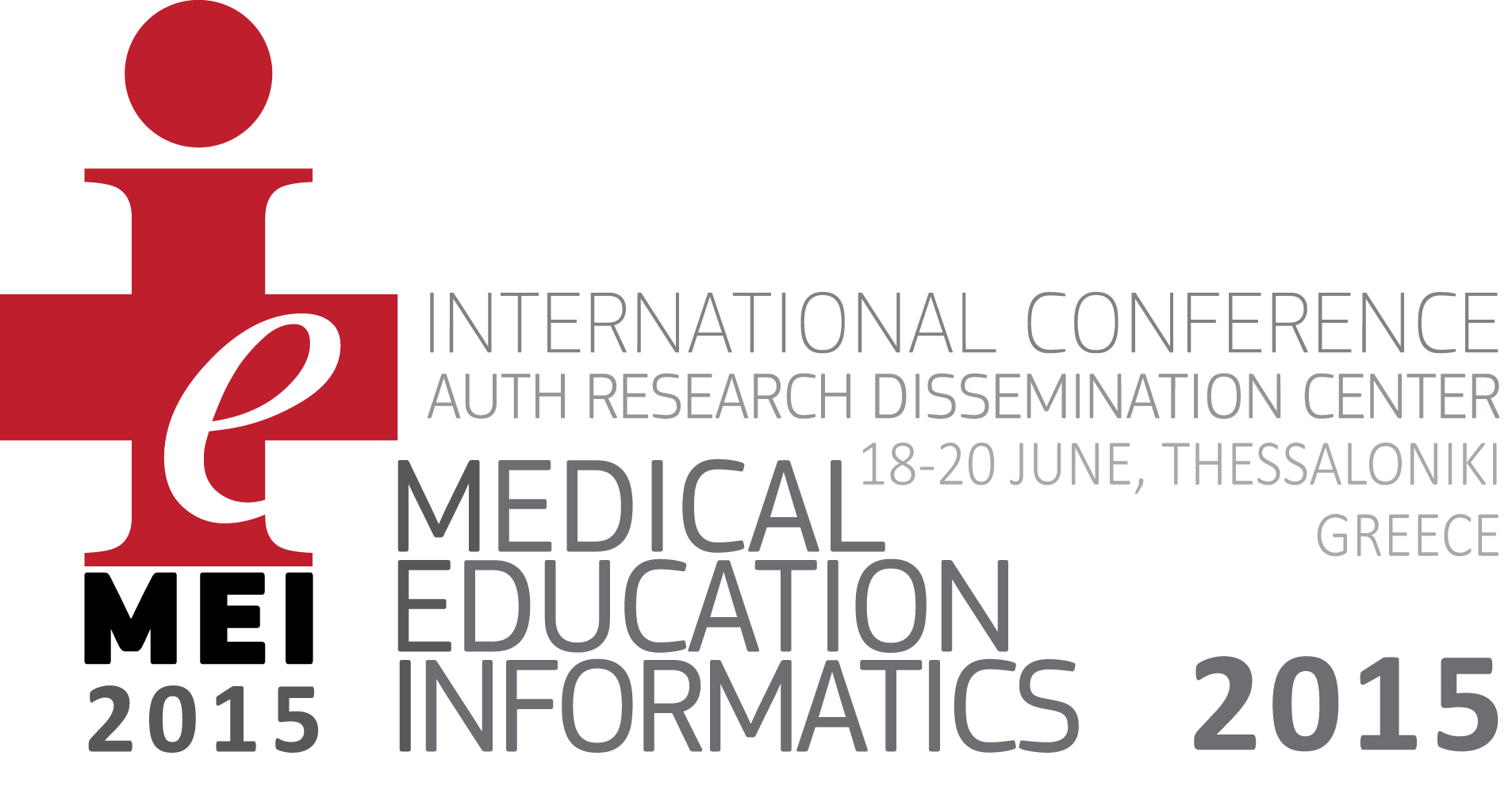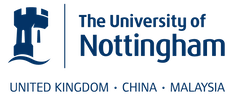|
© 2nd International Conference on Medical Education Informatics - MEI2015 AUTH Research Dissemination Center June 17-20, 2015 Thessaloniki - Greece |
mei2015@nbevents.gr |
Content under this website does not represent the opinion of the European Community and the Community is not responsible for any use that might be made of information contained herein.














